Divorce Mediation – Is It Less Expensive Than Litigation?
Divorce mediation is a relatively affordable alternative to going to court. Divorce mediation helps parties to settle their marital conflict outside of the typical court setting, but only one party can have their own lawyer to advise them throughout the process. During mediation, a third party called a mediator will assist both parties in communicating during the course of the meeting. A mediator’s goal is to assist couples through this challenging time and to help them create an environment that will be conducive to a successful outcome.

Separation and Divorce Mediation often starts with a heated argument between spouses. When you first get involved in the discussion, it may seem like your spouse is the only one who is trying to persuade the other to agree to a prenuptial agreement or reach some other compromise. In reality, you are likely only joining the discussion to help bring your spouse to the table to talk about the real issues affecting your relationship. Your spouse may start the conversation with his or her own agenda such as “I feel I’ve been taken advantage of” or “I feel my relationship with my spouse is getting too hectic.” Both of these concerns are legitimate complaints.
You want to start the separation and divorce mediation process as soon as possible. Your spouse’s needs are just as important as yours are. If your spouse wants a prenup, it doesn’t matter what side of the fence you are on. If your marital problems are about money, don’t talk about that in mediation. Your marital problems should never come to this point and your divorce mediator should keep any discussions about money out of the sessions.
Your spouse is the best person to judge what issues can be resolved legally and which ones cannot. If you have a good understanding of family law and child custody, you can help your spouse establish a strong case for the legal separation and divorce mediation. Sit down with your spouse and review your family law documents and chat about what has changed since the last time you shared a courtroom. Your spouse may have specific questions about your current situation, so make sure you keep your conversations respectful and confidential.
In the realm of child custody, both you and your spouse should be able to express your desires clearly and with as much accuracy as possible. Child custody mediation is an effective way to find out what type of custody arrangement would be best for the children. You want to be clear about who gets visitation rights, how the schedule will work, and who decides how much money the custodial parent gets to pay for day care, etc. In fact, your divorce mediation professional should keep all parties apprised of the progress throughout the course of the case, just as you would expect in a custody case.
One benefit of divorce mediation is that it usually involves less legal fees than either litigation or trial. Litigation attorneys typically charge at least several hundred dollars per hour; while family law attorneys only charge anywhere from a few hundred to several thousand dollars per hour. If you hire a litigation lawyer, you may have to pay for his certification, work, research, and other aspects of the service. With a divorce settlement conference, you simply pay the fee and attend the conference – with or without attorneys.
A second advantage is that mediation tends to lead to less costly settlement than litigation. Mediation requires fewer hours of actual court sitting, saving you the time and expense of hiring a private attorney. Again, if you have a good understanding of family law and child custody, you can assist your spouse in setting up an effective mediation process with the mediator. If you decide not to retain an attorney, mediation can still be less expensive because the mediation will not require you to go to court for settlement proceedings.
Perhaps the biggest advantage of divorce mediation is that there are no obvious disadvantages. In fact, it can be a very positive experience. Your spouse may even come back for future mediation sessions if he feels he or she is getting better advice than he could get from a court room. You can both feel better about the entire divorce mediation process. You may also find that you and your spouse can work out an amicable payment plan for your divorce settlement, saving money in the long run.



